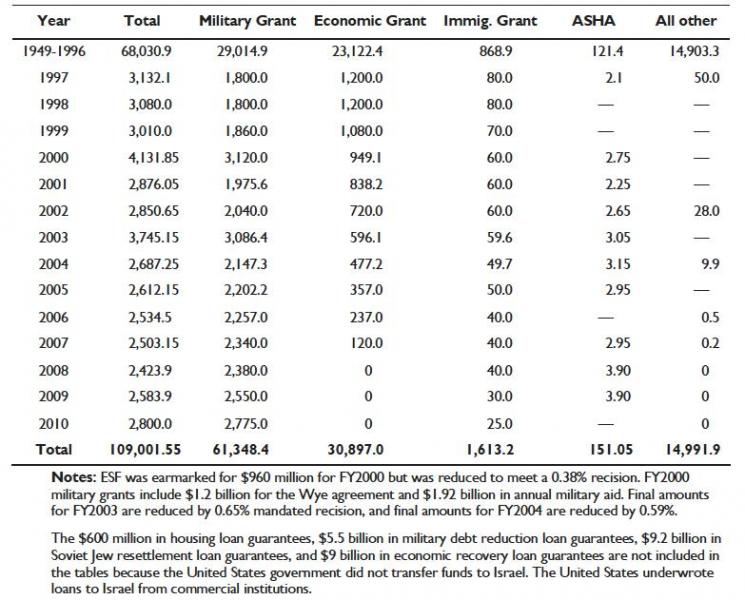
A killed symbol of the Palestinian intifada that was not killed
Many people may remember the beginning of the second Palestinian intifada, when footage of a Palestinian boy allegedly shot by Israeli soldiers circled the world. Muhammad Dura became a symbol of Palestinian " suffering ", intifada and the fight against so-called Israeli brutality, and aroused pro-Palestinian sympathy around the world. Thirteen years later, however, it turned out that the soldiers had not killed the boy, and the whole case was a hoax .



